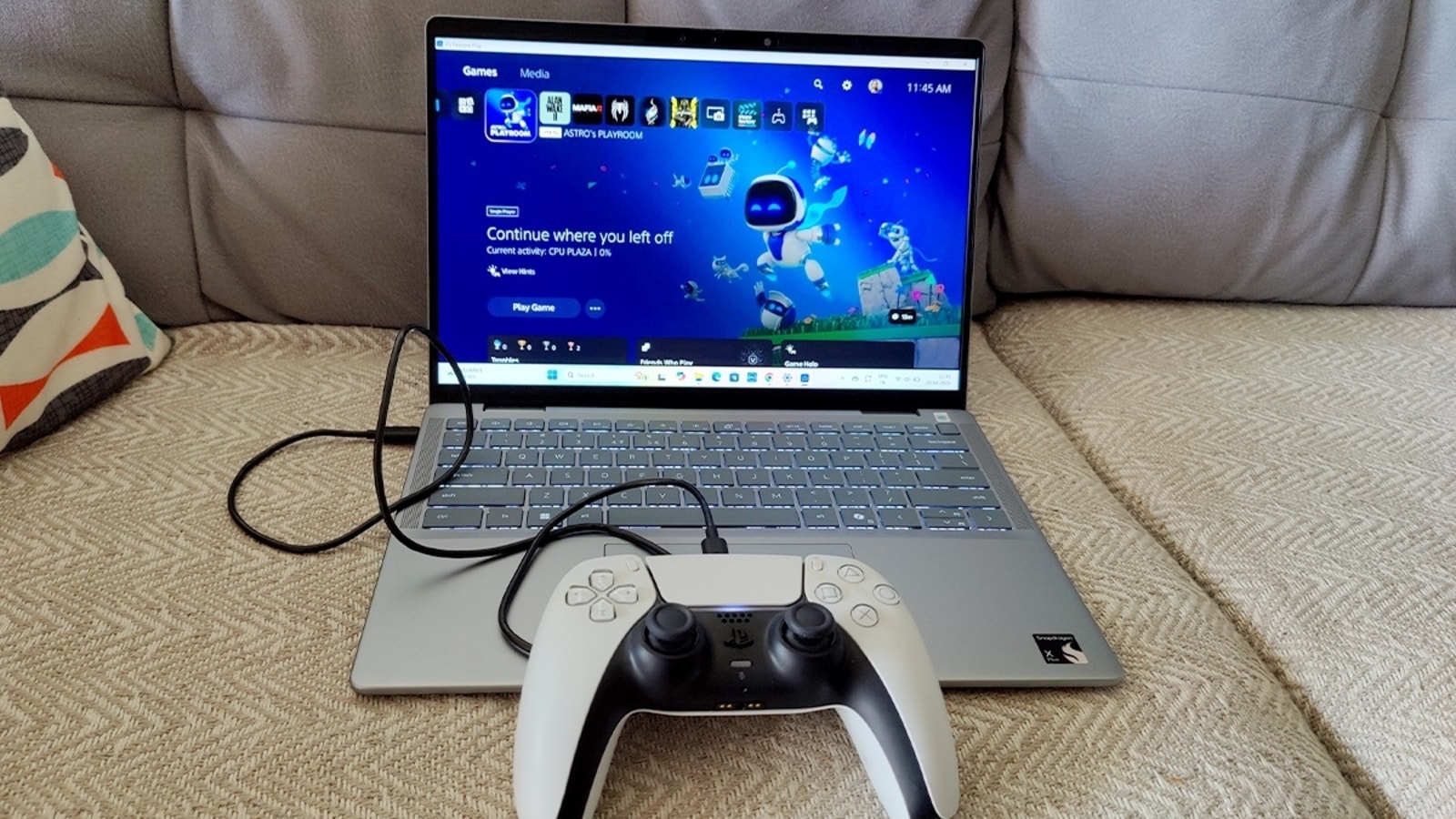The candidates received no time for introductory comments and gave 30-second closing remarks, a format that played to Mr. Abbott’s strengths as a direct, often terse speaker, and limited Mr. O’Rourke’s tendency to build long rhetorical flourishes.
And the timing, on a Friday evening when many Texans are more consumed with high school football, appeared likely to reduce the number of people watching live.
Chris Evans, a spokesman for Mr. O’Rourke, said before the debate that the Abbott campaign had proposed the terms and would not accept any changes. “They declined to have voters in the audience,” he said. An Abbott spokesman, Mark Miner, said that Mr. O’Rourke was in “no position to run the state if he can’t even comprehend simple debate rules.”
Democrats in Texas have pinned their hopes on Mr. O’Rourke before, but so far he has managed only to be victorious in defeat. In his name-making 2018 run for Senate, he came within three percentage points of unseating Senator Ted Cruz, a strong showing in Republican-dominated Texas, but still a losing one.
Friday’s debate, just a few weeks before early voting begins in Texas, came at a crucial moment for both campaigns, especially Mr. O’Rourke’s. Over the summer, some polls had suggested a tightening race after the Uvalde killings and the Supreme Court’s decision overturning Roe v. Wade. But more recent surveys show Mr. Abbott more firmly in control, with a lead of about seven percentage points.
For Mr. O’Rourke, the former congressman from El Paso and a Democratic presidential candidate in 2020, the debate was a chance to recapture momentum and his most direct opportunity to prosecute his case against Mr. Abbott, a two-term incumbent who has led the state for eight years under unified Republican control of state government.
For Mr. Abbott, it was a night to make it through unscathed. His campaign had prepared for weeks for the encounter, seeing Mr. O’Rourke as a skilled debater with significant experience from his run for president in 2020.

























